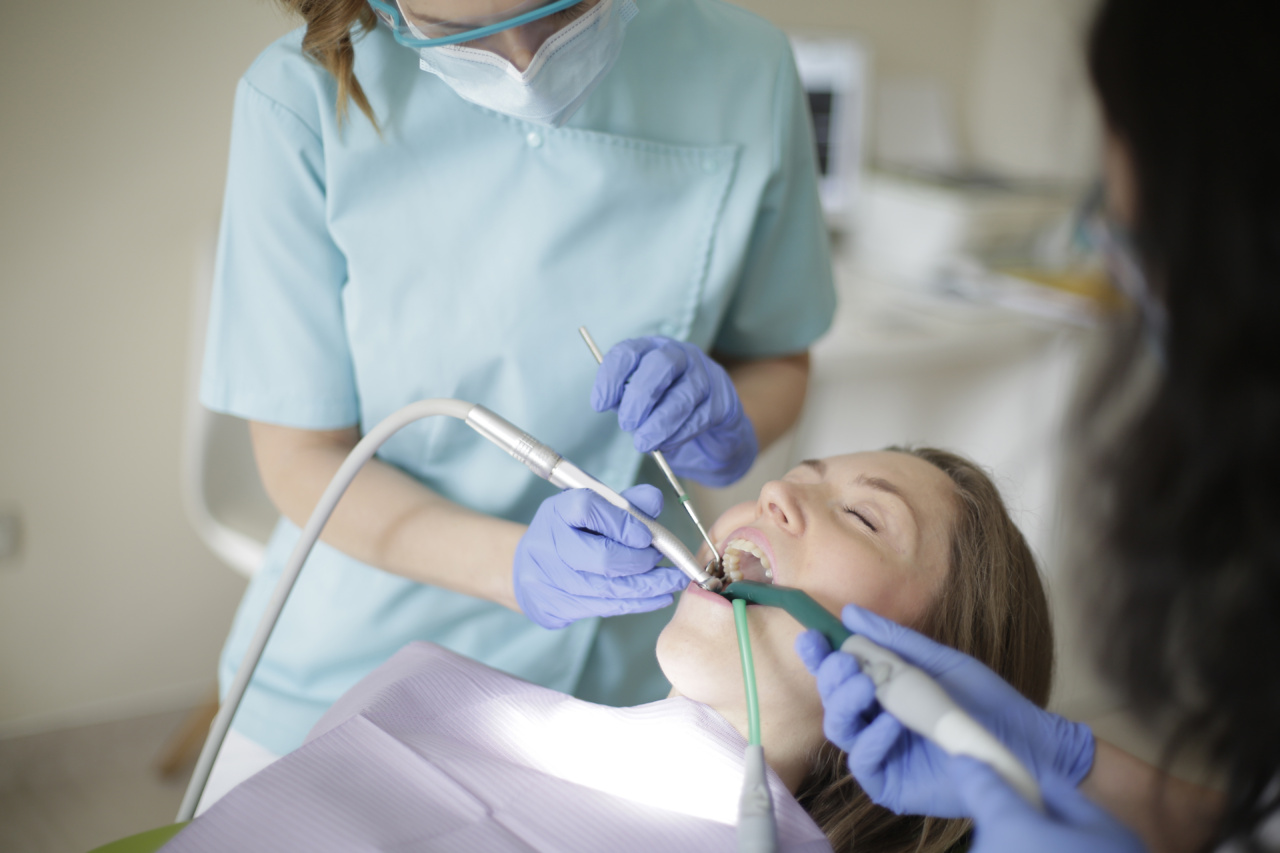Oral solutions are liquid preparations of drugs or other substances that are intended for oral administration. These solutions are widely used in the treatment of various medical conditions, ranging from allergies to hypertension.
While oral solutions are generally safe, there are certain considerations that patients and healthcare professionals should be aware of to ensure their safe use.
Types of Oral Solutions
There are several types of oral solutions, including:.
- Syrups: Syrups are solutions that typically contain a high amount of sugar and are used to mask the unpleasant taste of certain medications.
- Drops: Drops are concentrated solutions that are administered in small volumes using a dropper or a spoon.
- Suspensions: Suspensions are solutions in which the drug is suspended in a liquid medium. The drug particles in a suspension are not dissolved and tend to settle at the bottom of the container over time.
Factors Affecting the Safety of Oral Solutions
Several factors can affect the safety of oral solutions, including:.
- Patient Factors: Patients who are allergic to certain medications, have pre-existing medical conditions, or are taking other medications should inform their healthcare provider before taking oral solutions.
- Drug Interactions: Certain medications can interact with oral solutions, leading to adverse effects or reduced efficacy.
- Manufacturing Errors: Manufacturing errors such as contamination or incorrect labeling can lead to unsafe oral solutions.
- Storage Conditions: Oral solutions should be stored at the appropriate temperature and away from light and moisture to prevent degradation.
Precautions when Using Oral Solutions
Patients and healthcare professionals should take certain precautions when using oral solutions, including:.
- Follow dosing instructions carefully: Oral solutions should be administered according to the dosing instructions provided by the healthcare provider or the medication label.
- Measure accurately: Patients should use a measuring device such as a dropper or a measuring spoon to ensure accurate dosing.
- Avoid chewing or crushing medications: Certain oral solutions are designed to be swallowed whole and should not be chewed or crushed as this can alter the drug’s effectiveness or cause adverse effects.
- Do not share medications: Oral solutions should not be shared with other individuals as this can lead to improper dosing or adverse effects.
- Dispose of medications properly: Unused or expired oral solutions should be disposed of properly to prevent accidental ingestion by other individuals or pets.
Potential Side Effects of Oral Solutions
While oral solutions are generally safe, they can cause certain side effects. Patients should inform their healthcare provider if they experience any of the following:.
- Nausea or vomiting
- Headache
- Dizziness
- Diarrhea
- Drowsiness
In some cases, oral solutions can cause more serious side effects such as difficulty breathing, unusual bleeding or bruising, or severe allergic reactions. Patients who experience any of these symptoms should seek medical attention immediately.
Conclusion
Oral solutions are an effective and safe method of administering medications when used properly.
By following dosing instructions carefully, measuring accurately, and disposing of medications properly, patients can ensure the safe and effective use of oral solutions for the treatment of their medical conditions. If patients have any questions or concerns about the safety of oral solutions, they should consult their healthcare provider.































